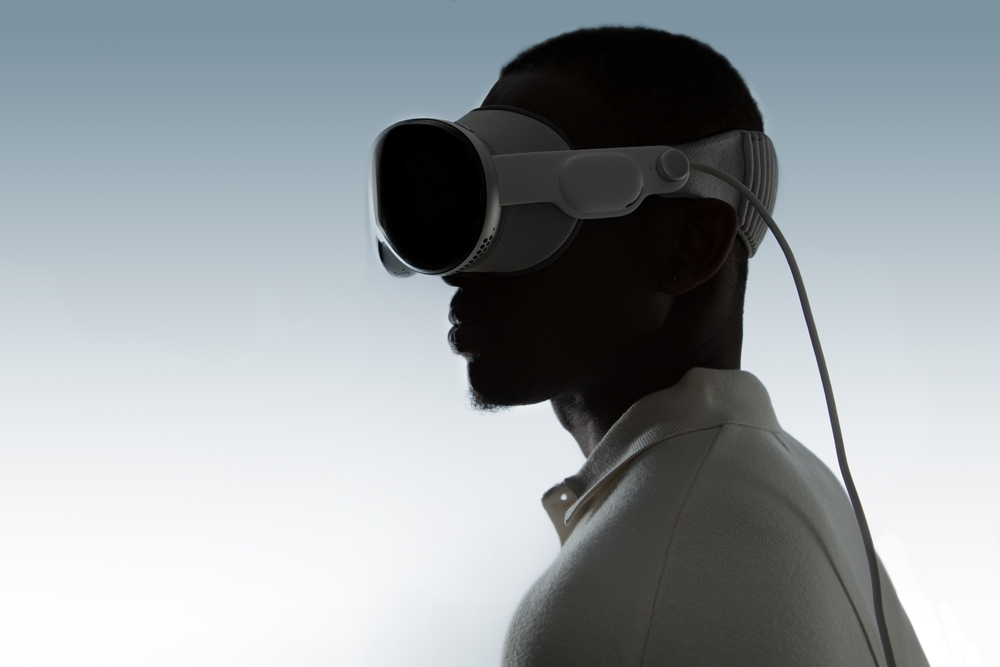
Introduction: The Fusion of Wearable Technology and Marketing
As technology continues to advance at a rapid pace, wearable devices have emerged as an integral part of our day-to-day lives. From fitness trackers and smartwatches to virtual reality headsets and smart glasses, wearable technology is revolutionizing the way we interact with the digital world. For marketers, this presents an exciting opportunity to leverage wearable technology for personalized marketing. In this blog post, we will explore the integration of wearable technology in personalized marketing and its implications for the future.
Understanding Wearable Technology
What is Wearable Technology?
Wearable technology refers to electronic devices that can be worn on the body, either as an accessory or as part of the material used in clothing. These devices are equipped with sensors and software that collect data and connect to the internet to exchange data.
The Growth of Wearable Technology
The market for wearable technology is booming, driven by advancements in technology, increasing health awareness, and the desire for convenient, connected devices. According to a report by Grand View Research, the global wearable technology market size was valued at USD 32.63 billion in 2019 and is expected to grow at a compound annual growth rate (CAGR) of 15.9% from 2020 to 2027.
The Role of Wearable Technology in Personalized Marketing
Data-Driven Personalization
Wearable devices collect a wealth of data, from health metrics like heart rate and sleep patterns to GPS data and even voice commands. This data can provide valuable insights into users' behaviors, preferences, and lifestyle. Marketers can leverage this data to create highly personalized marketing messages, delivered at the right time and place to maximize impact.
Real-Time Engagement
Wearable technology enables real-time engagement, allowing marketers to interact with users in the moment. For instance, a fitness tracker could suggest a sports drink when a user finishes a workout, or a smartwatch could offer restaurant recommendations when a user is searching for a place to eat.
Contextual Marketing
With location data and sensors, wearable devices can provide context-specific marketing. By understanding the user's current situation and environment, marketers can deliver relevant, context-specific messages. For instance, a retail store could send a discount offer to a smartwatch user when they're near the store.
Enhanced Customer Experience
Wearable technology can enhance the customer experience by providing convenient, personalized, and seamless interactions. This not only improves customer satisfaction but also builds brand loyalty and increases customer lifetime value.
Implementing Wearable Technology in Your Marketing Strategy
1. Understand Your Audience
Before implementing wearable technology in your marketing strategy, it's important to understand your audience. Who are your users? What devices do they use? How do they interact with these devices? This understanding will guide your wearable technology strategy.
2. Leverage Data for Personalization
Use the data collected from wearable devices to create personalized marketing messages. This could involve using health data for personalized fitness product recommendations, or location data for local marketing messages.
3. Engage in Real-Time
Take advantage of the real-time capabilities of wearable technology. Engage users in the moment with timely, relevant marketing messages.
4. Provide Value
Ensure your wearable technology marketing provides value to users. This could involve providing useful information, relevant recommendations, or exclusive offers.
5. Respect Privacy
Respect users' privacy when using wearable technology data. Be transparent about how you collect and use data, and ensure your practices comply with privacy regulations.
Conclusion: The Future of Personalized Marketing with Wearable Technology
The integration of wearable technology in personalized marketing represents a significant shift in how brands interact with consumers. By providing real-time, data-driven, context-specific interactions, wearable technology can enhance the customer experience, improve engagement, and drive conversions. As wearable technology continues to evolve and become more mainstream, it's set to play an increasingly important role in personalized marketing.





